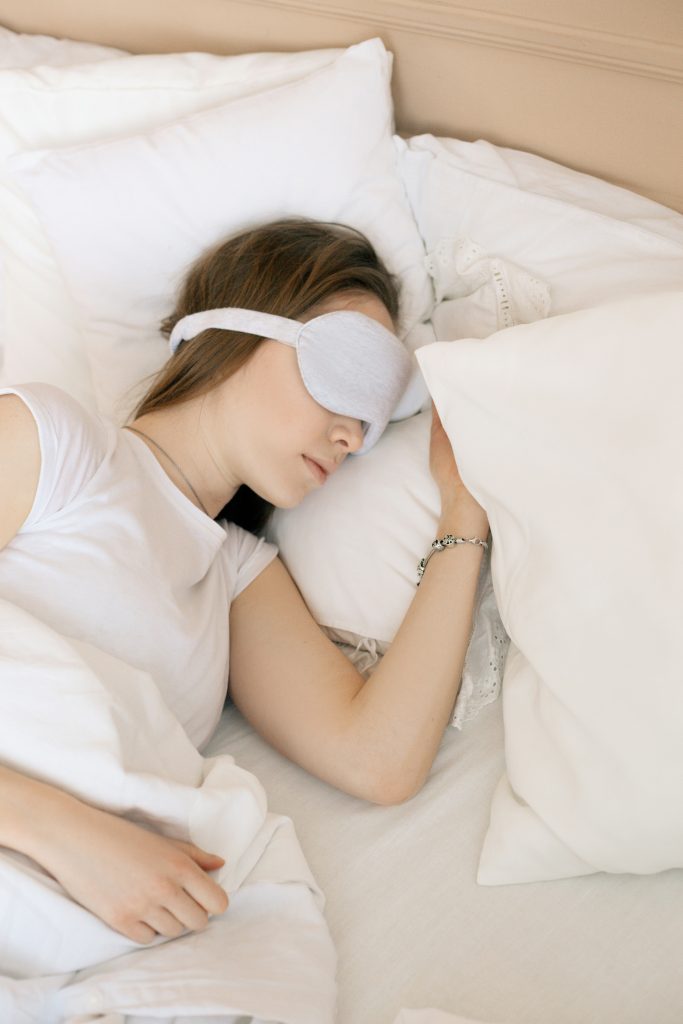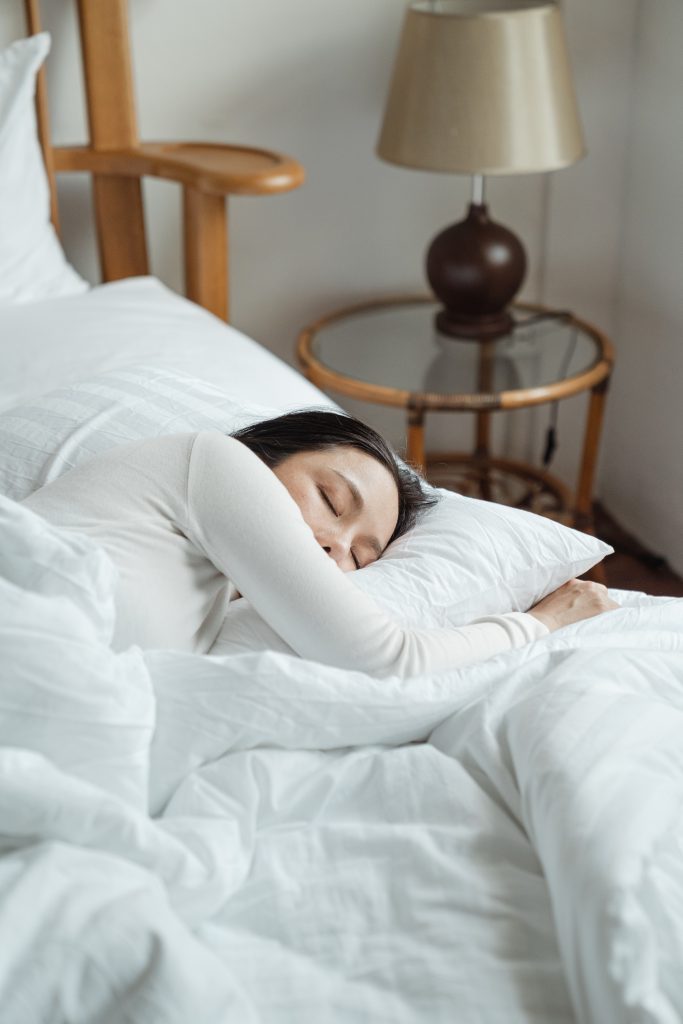
Airline Commander and Crew Mentor, Qrewmentor helps and guides crew members to access jobs with honesty and professionalism.

Traveling across time zones can be an exhilarating experience, but it often comes with the unwelcome companion of jet lag. After a night flight, adjusting to a new time zone and combating fatigue can be challenging. One of the keys to a successful transition is ensuring you get a good night’s sleep upon arrival. In this blog post, we’ll explore effective strategies to improve your sleep quality and help you overcome the post-flight drowsiness.
Hydration is Key:
Dehydration is a common side effect of air travel. Cabin air is notoriously dry, and it’s easy to become parched during a long flight. Upon arrival, make it a priority to rehydrate. Drink plenty of water throughout the day and avoid excessive consumption of caffeine, as it can contribute to dehydration and disrupt your sleep patterns.

Natural Light Exposure:
Sunlight is a powerful regulator of your circadian rhythm—the internal clock that regulates your sleep-wake cycle. Spend time outdoors, especially in the morning, to expose yourself to natural light. This helps signal to your body that it’s time to be awake and alert, promoting a faster adjustment to the new time zone.

Strategic Napping:
While it may be tempting to take a long nap upon arrival, it’s crucial to strategize your napping to minimize disruption to your sleep cycle. Short naps of around 20-30 minutes can provide a quick energy boost without interfering with nighttime sleep. Aim to nap earlier in the day to avoid interfering with your ability to fall asleep at night.
Create a Comfortable Sleep Environment:
Whether you’re staying in a hotel or with friends, take steps to make your sleep environment as comfortable as possible. This includes adjusting the room temperature, using blackout curtains to block out external light, and minimizing noise. Consider bringing earplugs and an eye mask to enhance your chances of a restful night’s sleep.

Establish a Bedtime Routine:
Creating a consistent bedtime routine can signal to your body that it’s time to wind down and prepare for sleep. Engage in calming activities before bed, such as reading a book, practicing gentle stretches, or listening to soothing music. Avoid the stimulating glow of electronic devices, as the blue light emitted can interfere with the production of the sleep hormone melatonin.
Stay Active:
Engaging in light physical activity upon arrival can help combat fatigue and promote better sleep. Take a leisurely walk or do some light stretching to get your blood flowing and boost your energy levels. However, avoid vigorous exercise close to bedtime, as it may have the opposite effect.

Mindful Eating:
Pay attention to your eating habits, as they can influence your sleep quality. Opt for light, easily digestible meals in the evening and avoid heavy, rich foods. Eating a balanced dinner with a mix of protein, carbohydrates, and healthy fats can help stabilize blood sugar levels and contribute to a more restful sleep.
Mastering the art of quality sleep after a night flight involves a combination of hydration, natural light exposure, strategic napping, creating a comfortable sleep environment, establishing a bedtime routine, staying active, and mindful eating. By incorporating these tips into your post-flight routine, you can help your body adjust to the new time zone more efficiently and enjoy a rejuvenating night’s sleep. Safe travels and sweet dreams!
Good sleep, meanwhile, may you find peaceful skies
Enrique- QrewMentor Team

Subscribe to our blog and stay up to date with what’s happening at qrewmentor.com
